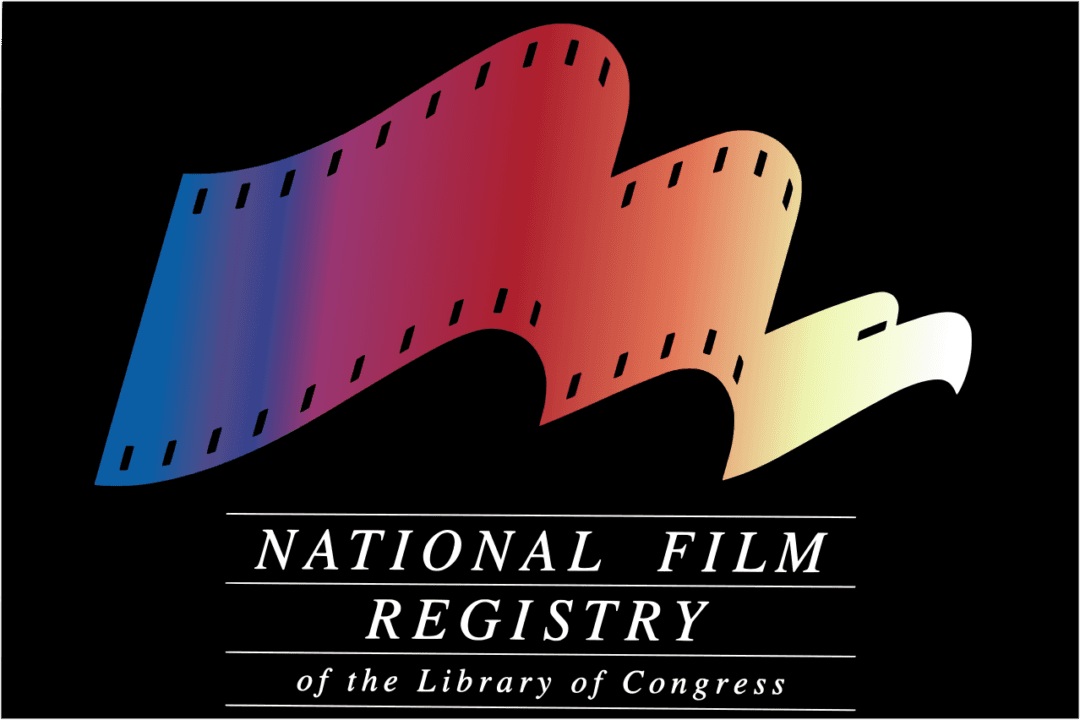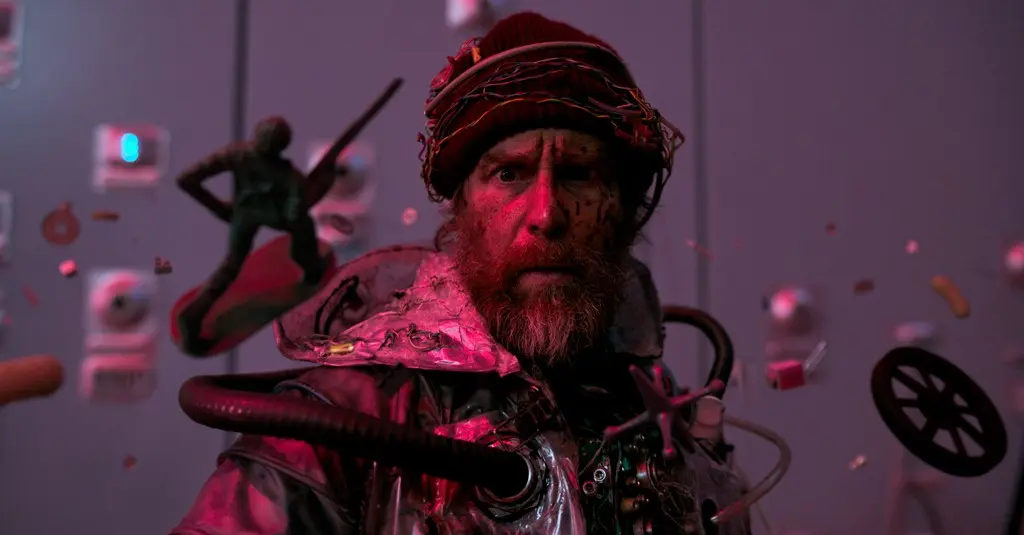Last month, I wrote an article about Oscar-nominated movies that didn’t win the top-prize Best Picture award. As judging and rewarding art (and film, as much as it has devolved recently, is still considered an art form) is subjective and open to interpretation, but there are certain movies that undoubtedly and without argument, clear the bar to qualify as classic examples of the medium.
The following are 10 classic movies that were never even nominated for Best Picture, which offers further proof (as if any was needed) that the bestowing of award nominations by the Academy of Motion Picture Arts and Sciences (AMPAS) has less to do with artistic achievement and more with pure, unadulterated industry politics, backroom marketing, and metaphoric arm-twisting.






